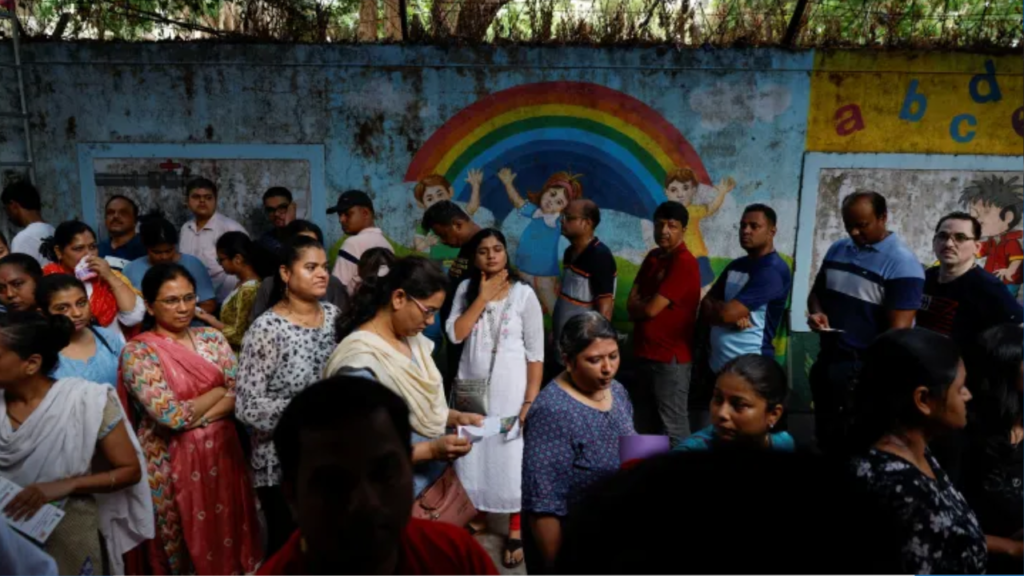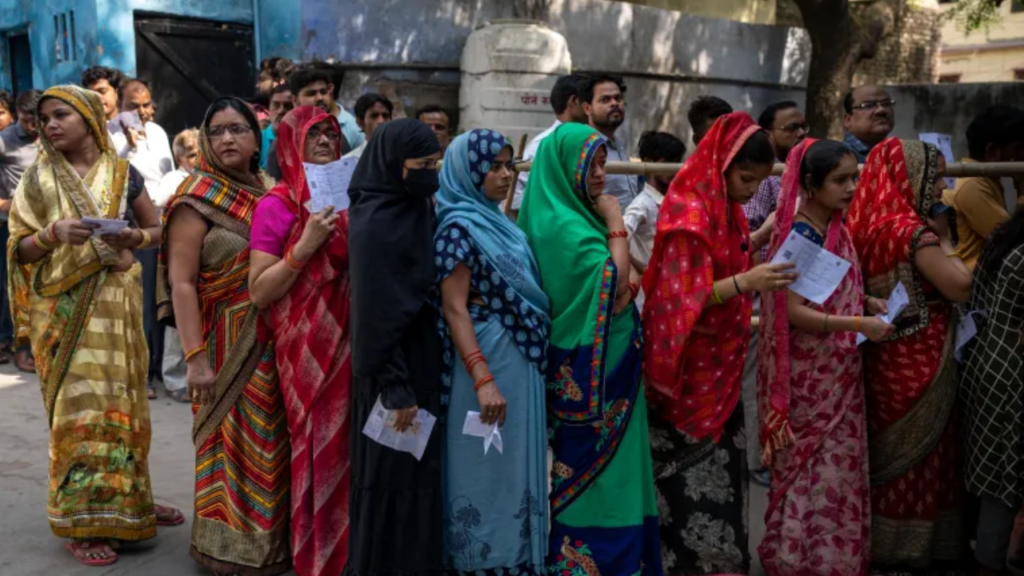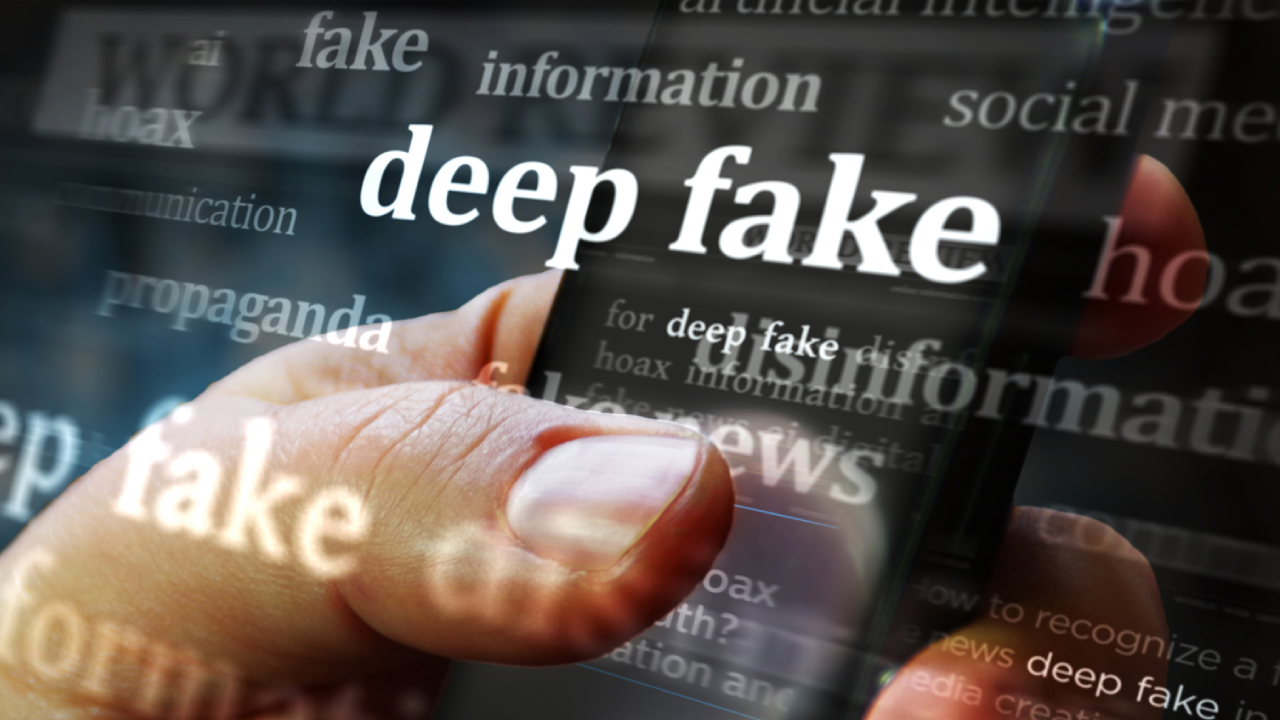In India, the world’s most populous country with a population of 1.425 billion, the general election atmosphere continues. The elections, which began on April 19, will conclude on June 1. Deepfake technology has made a significant impact in these elections, which will see participation from voters amounting to approximately 10% of the world’s population.
According to polls, Prime Minister Modi’s Bharatiya Janata Party (BJP) is leading the elections, facing a broad opposition bloc. However, the use of deepfake technology by both the ruling and opposition parties has raised issues of misleading information and ethical concerns.
Deepfake Scandal in Indian Elections
In India, approximately 970 million voters are electing 543 members of the Lok Sabha, the lower house of the Indian Parliament. Current Prime Minister Narendra Modi is leading the race for his third term.

Despite the presence of thousands of smaller parties, the main contest is between the ruling BJP and the opposition Indian National Congress (INC), which leads a 28-party alliance. Deepfake scandals are rampant in the elections, with both the ruling party and the opposition heavily utilizing this technology.
The opposition is attempting to gain advantage through fake videos of Bollywood actors, while Prime Minister Modi is using the technology to translate his campaign messages into other languages. During the campaigns, Bollywood stars Ranveer Singh and Aamir Khan filed police complaints over deepfake videos made without their consent.
As India heads to the polls, deepfake technology has extended from campaign videos to personalized voice messages in various Indian languages and even automated calls to voters using a candidate’s voice. Divyendra Jadoun, a leading deepfake expert in India, expressed uncertainty about the extent of this technology’s impact on the elections.
Deepfake Videos in the Media
In a country lacking sufficient regulations on deepfake technology, experts criticize the election commission’s silence on artificial intelligence. Some deepfake videos, cited as sources, have appeared in Indian media, significantly increasing the risk of misleading voters and spreading disinformation. The use of this technology by both ruling and opposition parties has accelerated the spread of false information.

The use of deepfake technology in the Indian elections sends a global message about the potential of technological manipulations to threaten the functioning of democracy. The spread of misleading content undermines public trust and jeopardizes information security, highlighting the need for stricter global regulations and ethical use of artificial intelligence technologies.














